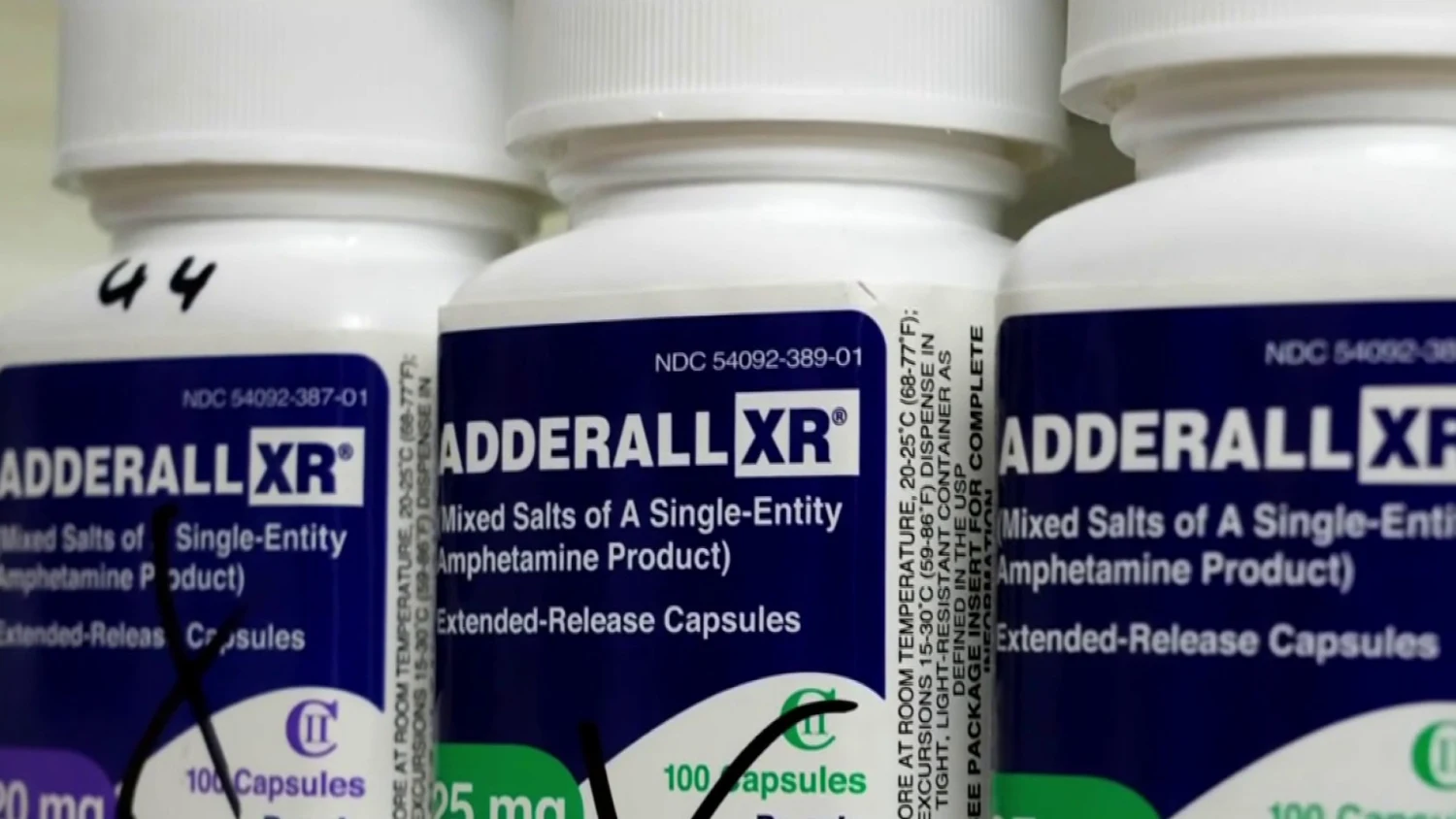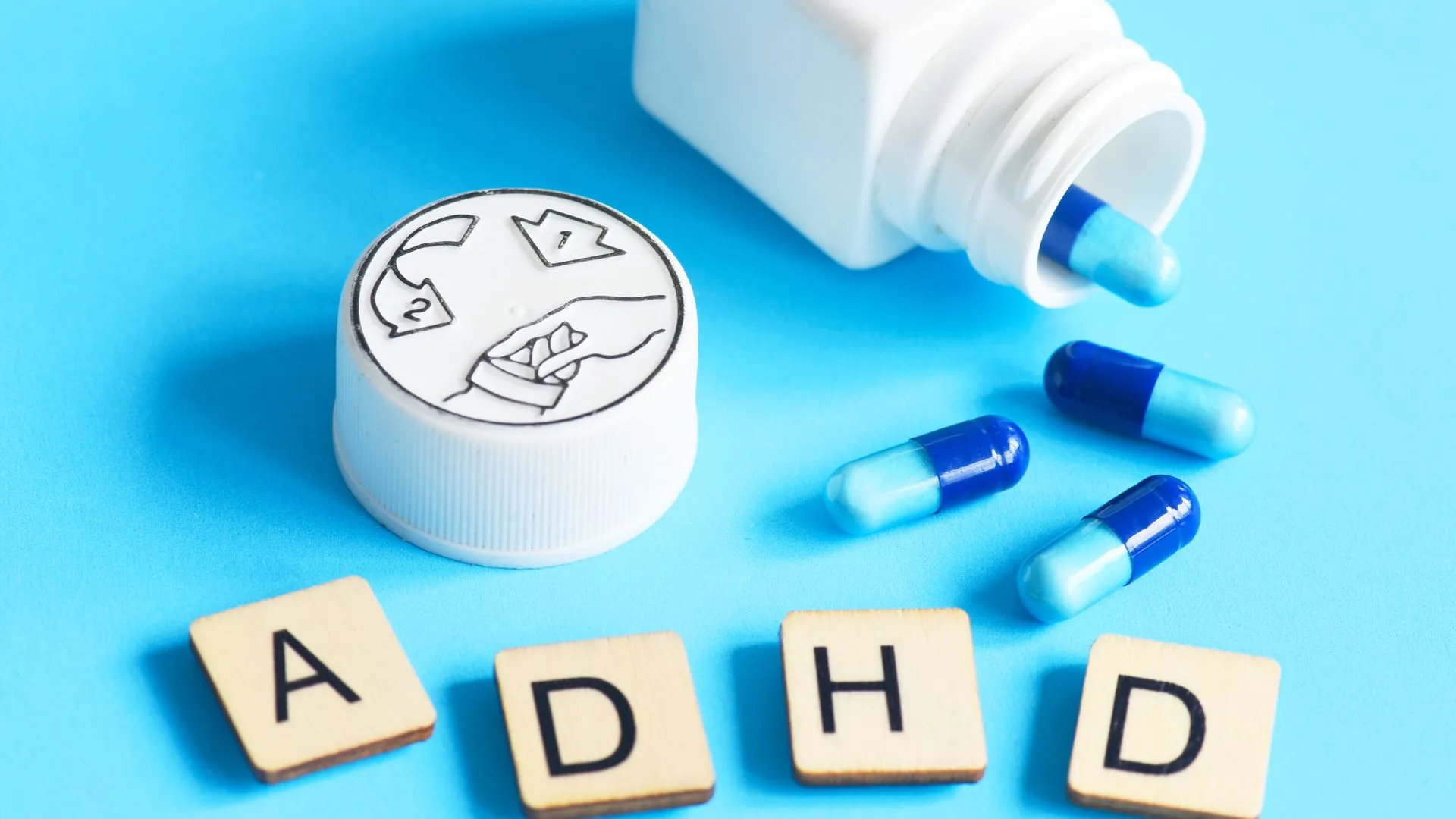A new study has revealed a connection between high doses of commonly prescribed ADHD medications and an increased risk of psychosis.
The findings indicate that individuals who took higher doses of prescription amphetamines had greater odds of developing psychosis and mania compared to those who did not use these medications.
The study examined patients aged 16 to 35 who were hospitalized at Mass General Brigham’s McLean Hospital for incidents of psychosis or mania between 2005 and 2019.
“We’re observing college students being prescribed stimulants who had little to no prior psychiatric history suddenly developing psychosis,” said Dr. Lauren Moran, the study’s lead author and a psychiatrist at McLean Hospital.
The research focused on stimulant medications commonly prescribed for ADHD, such as Adderall and Vyvanse, as well as generic amphetamines.
According to the study, patients who took 40 milligrams of Adderall, 100 mg of Vyvanse, or 30 mg of dextroamphetamine were 5.3 times more likely to experience psychosis compared to those who did not take any stimulants.
Patients on lower doses—ranging from 20 mg to 40 mg of Adderall, 50 mg to 100 mg of Vyvanse, or 15 mg to 30 mg of dextroamphetamine—faced a 3.5 times higher risk of psychosis.
Psychosis, as described by the National Institute of Mental Health, involves a disruption in thoughts and perceptions, leading to difficulty distinguishing between what is real and what is not.

Amphetamines, which are stimulant drugs that speed up the communication between the brain and the body, are widely used to treat ADHD, particularly in children. When prescribed appropriately, these medications help reduce impulsivity and enhance attention and focus.
However, the study advises caution when prescribing high doses of amphetamines. It recommends regular monitoring for any signs of psychosis or mania to mitigate potential risks.
In response to the study, Takeda Pharmaceuticals, the manufacturer of Vyvanse. “Takeda believes that patients should take our medications as per the U.S. Food and Drug Administration (FDA)-approved labeling guidance and in consultation with their healthcare provider.
It’s important to note that the FDA-approved label for Vyvanse® (lisdexamfetamine dimesylate) specifies that the maximum daily dose should not exceed 70 mg.”
The statement continued, “Full prescribing and safety information, including details on reported adverse events and psychiatric-related symptoms like psychosis, are available in the FDA-approved label for Vyvanse.
As with all medications, treatment decisions, including risk/benefit assessments, should be made by the patient’s healthcare provider.”
Teva Pharmaceuticals, the manufacturer of Adderall, has yet to comment on the study following PEOPLE’s request for a response.
The study emphasizes the importance of careful consideration when prescribing high doses of amphetamines, especially in younger populations, due to the associated risks of psychosis and mania.
